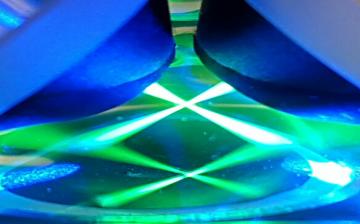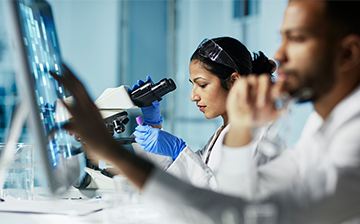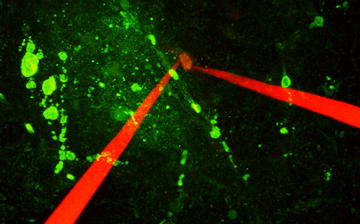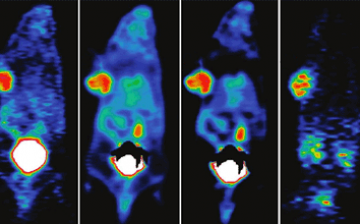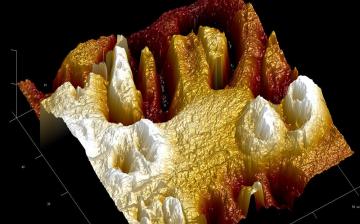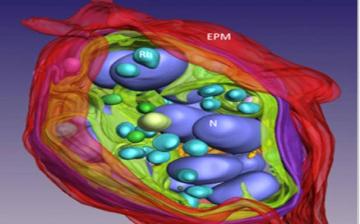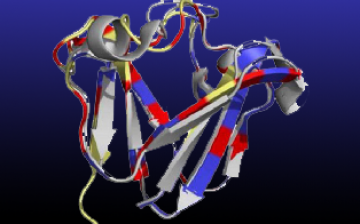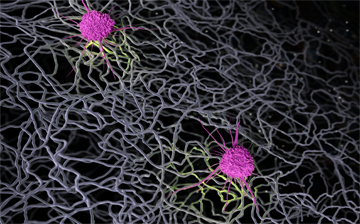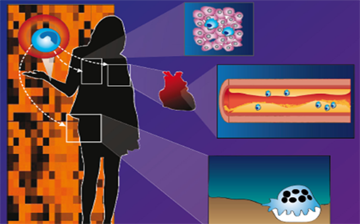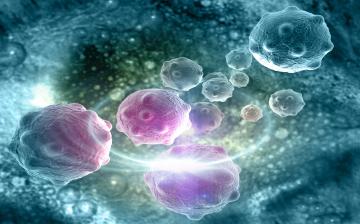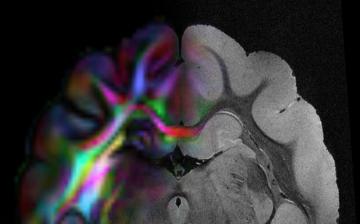The Intramural Research Program (IRP) at NIBIB combines basic, translational, and clinical science to fulfill NIBIB's mission and advance knowledge in imaging and bioengineering research. The IRP also actively supports and maintains a diverse biomedical workforce and has developed valuable training programs in related fields. All of the NIBIB laboratories are located on the NIH campus. Click on the below links to learn more about labs and trans-NIH resources hosted by NIBIB.
Learn about the 2024 Biomedical Engineering Summer Internship Program (BESIP) experience.
NIH-wide Shared Resources and Core Facilities
The AIM facility is a trans-NIH shared resource that houses, operates, disseminates, and improves prototype optical imaging systems developed at the NIH.
The BETA Center is a NIH-wide resource that brings a focused engineering approach to accelerate the development, validation and dissemination of cutting-edge technologies to address urgent national and global healthcare needs.
IDEAS collaborates with NIH intramural researchers and provides engineering expertise for biomedical and clinical research driven technology development.
The ICF develops methods for incorporating radionuclides and fluorophores into molecules and new imaging tools for studying biologically important processes.
BEPS is a trans-NIH shared resource that supports IRP basic and clinical scientists on applying engineering, physics, imaging, measurement, and analysis.
Intramural Research Labs
The LCIMB develops new approaches for determining the organization, structure, and interactions of organelles and macromolecular assemblies.
The DMA develops methods for studying reversible interactions of biological macromolecules in solution and at surfaces to understand biological binding events.
The Section on Immuno-Engineering develops immune-active biomaterials for regenerative medicine and seeks to understand how the immune system interacts with biomaterials.
Uses multi-scale approaches from enzymes and mathematical modeling to whole-animal imaging and dissections to elucidate and treat biochemical and biomechanical mechanisms of pathological tissue remodeling.
The Section on Mechanobiology develops and utilizes advanced Atomic Force Microscopy technologies for cellular and tissue mechanics studies.
The Laboratory on Quantitative Medical Imaging develops methods to derive biomarkers from data acquired by non-invasive imaging techniques.

